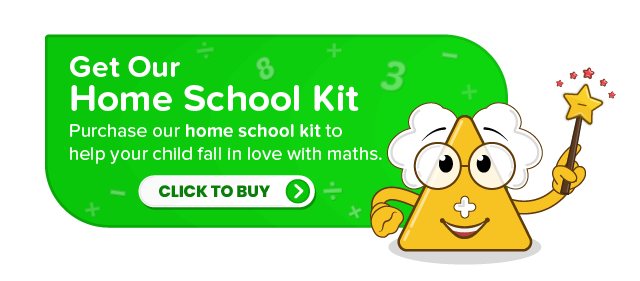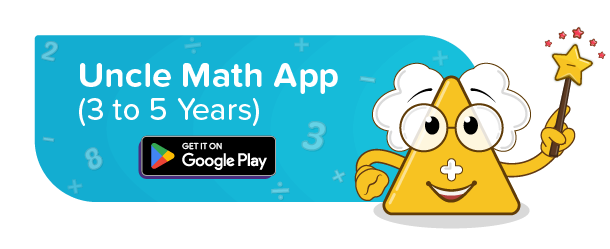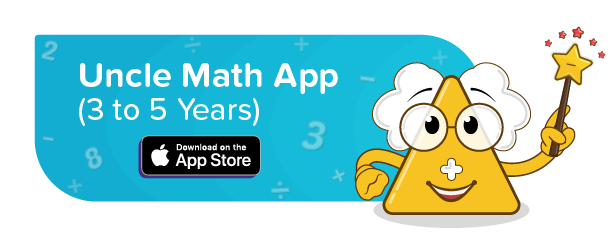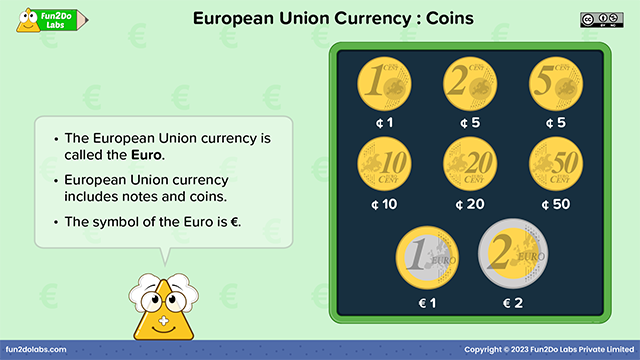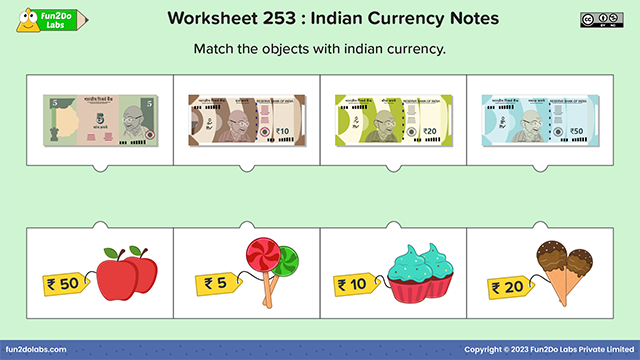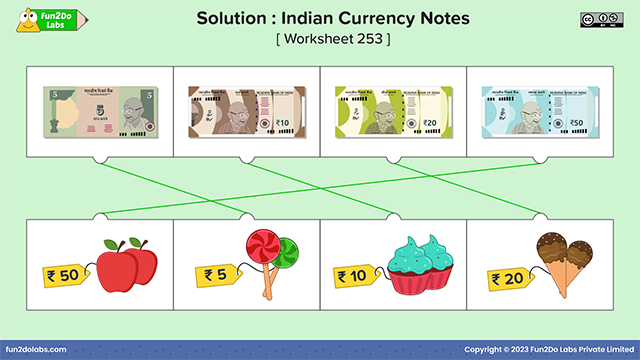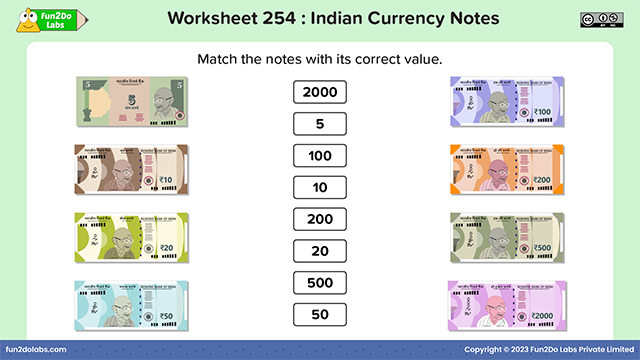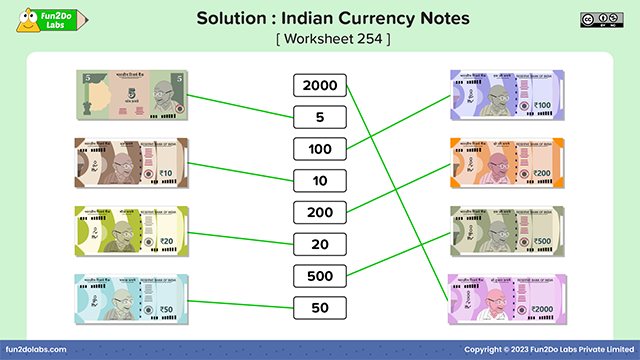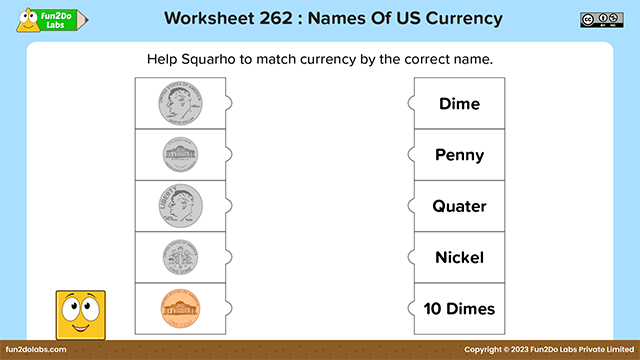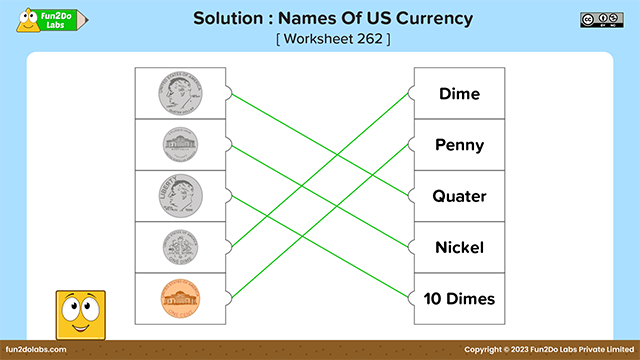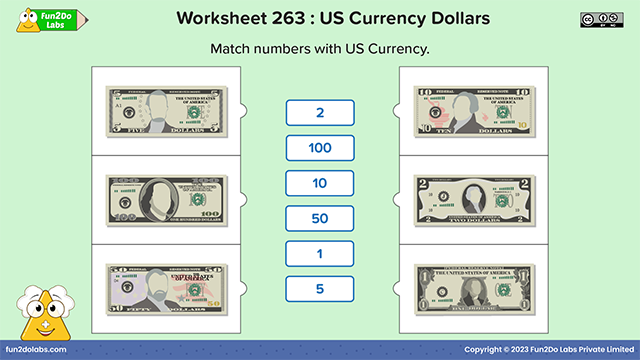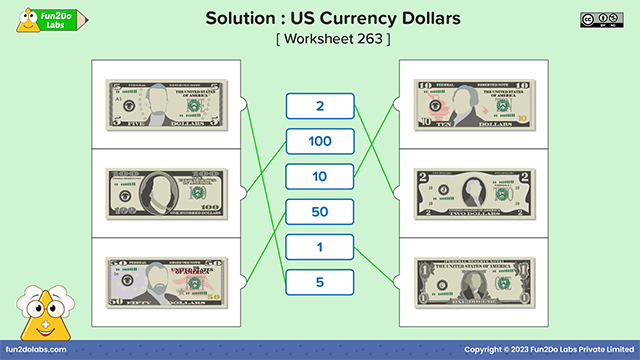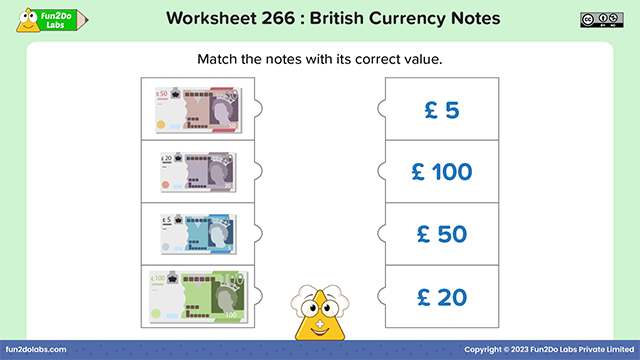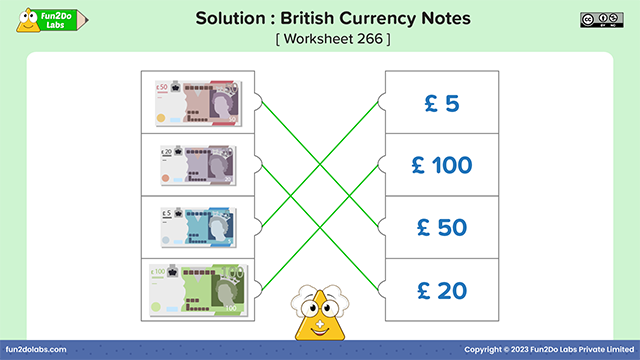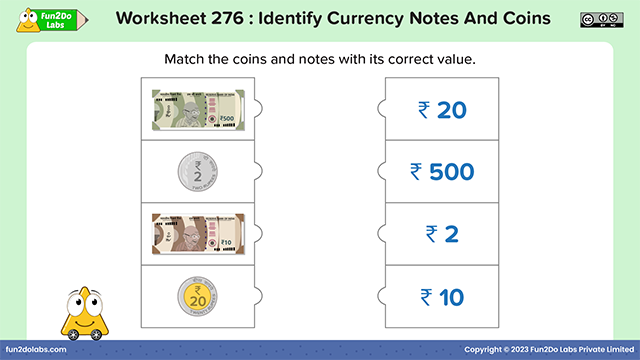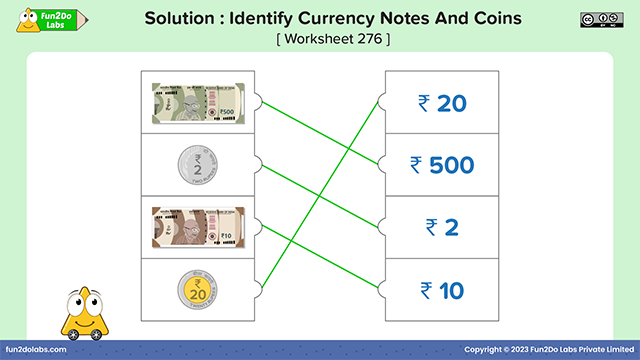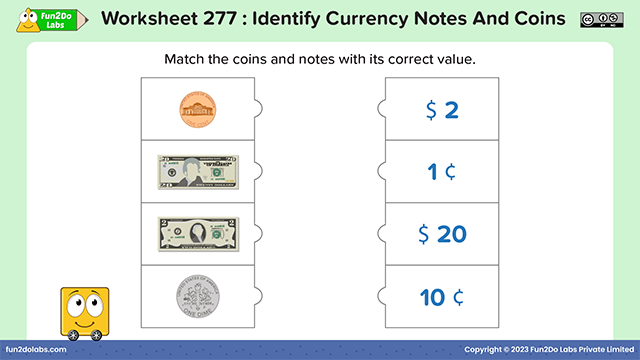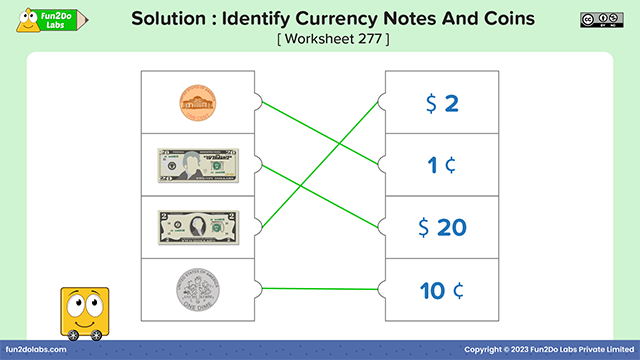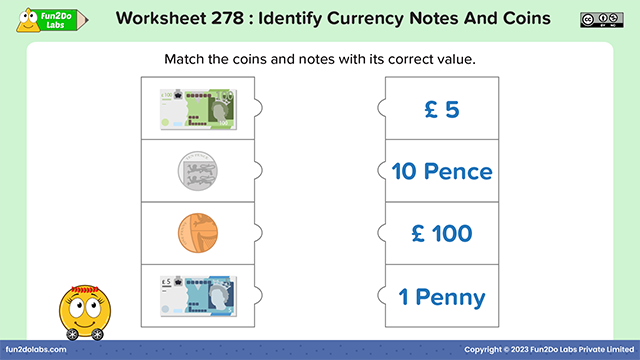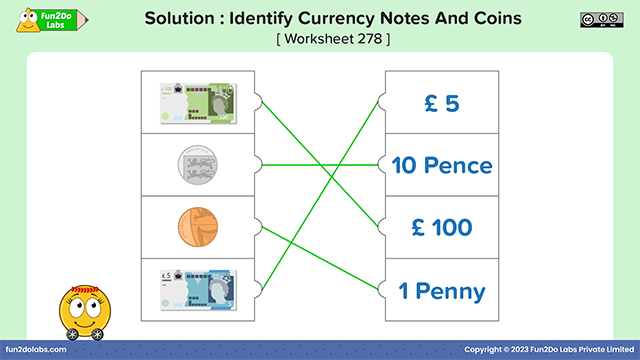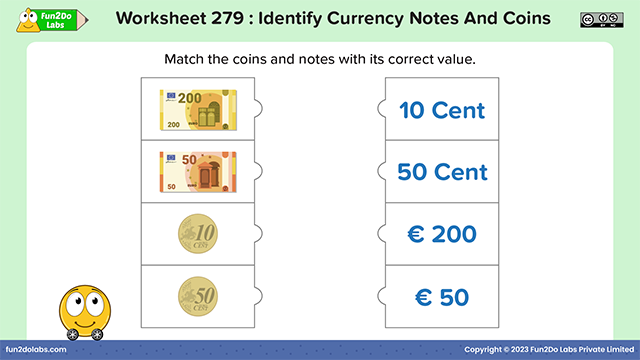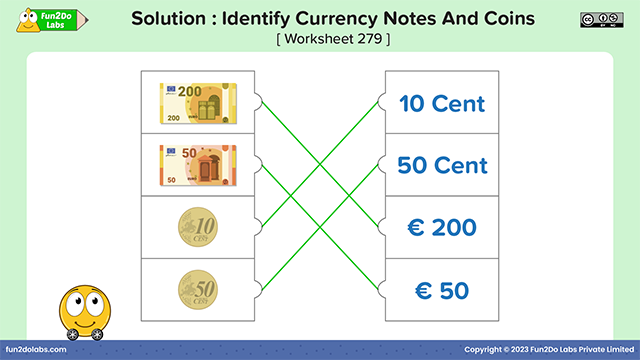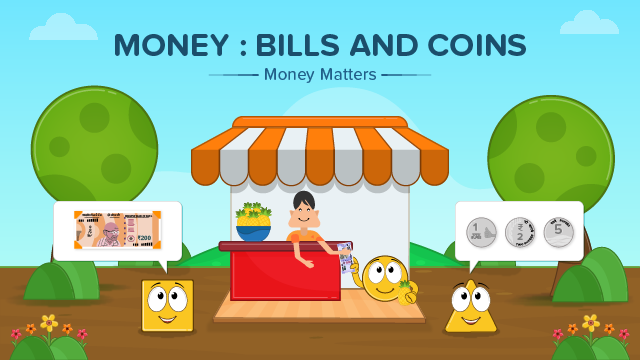
Our daily lives are dominated by money. We need money in exchange with commodities and services we use. Different forms of money, like coins and notes that are issued by the government, serve as means of exchange in specific regions.
All transactions in a particular country are carried over in the form of its currency. Different countries use different currencies. Few of the currencies observed in different regions are USA – U.S dollars (currency symbol $), UK – Pounds Sterling (currency symbol £), India – Indian Rupee (currency symbol ₹), European Union – Euros (currency symbol €).
Learning about the concept of money is an essential part of a child’s learning process. Children must know about currency, denominations of money, the decomposition of money, counting money, operations using money, units conversions in money, profit and loss, simple Interest, etc. It is ultimately math skills that help handle money successfully throughout life.
Money through the ages :
In earlier times, money did not exist. People used to exchange goods or services among themselves, and this system of exchanging was referred to as the “barter system”. Over time, money was coined. People used to exchange gold coins or any other metal coins in exchange for goods and services. As using metals for all coins made them heavy, the invention of paper notes occurred. Nowadays, currencies in different countries have their specific denominations in the form of paper notes and coins. Other forms of money like plastic money (credit cards, debit cards), crypto money (Bitcoins) and online transactions (net banking, UPI transfer) are commonly used in recent times.
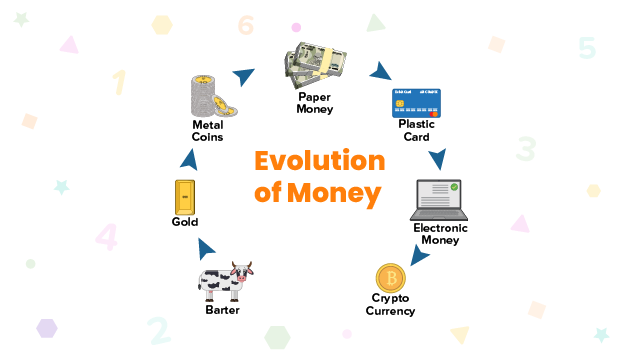
Denomination in money :
Denomination is the numerical value of currency notes or coins. A denomination describes a currency. The value of any currency note or coin is decided by the government of that country. We pay money to buy goods based on their denomination. Notes represent multiples of denominations, while coins are fractions of denominations. Few of the currency notes and coins like U.S dollars (currency symbol $), UK – Pounds Sterling (currency symbol £), India – Indian Rupee (currency symbol ₹), European Union – Euros (currency symbol €), along with denominations, are shown through posters here.
Teaching the concept of money with kid friendly, clear and easy to understand posters from Uncle Math School by Fun2Do Labs :
Ignite kids’ curiosity with engaging stories for role play and skits, making the learning of this concept an exciting and effective experience. Teaching the concept of money through stories from Uncle Math School by Fun2Do Labs :
Learning about money can be made enjoyable by incorporating interactive games and activities.
Money Sorting :
This activity helps kids practise the identification of money and its denominations. This activity can be carried out with a single child or a group of kids. Fake money is used for the activity. Money sorting activity can be carried out in the following steps :
- Different denominations of notes or coins are mixed together and kept in the tray.
- Different jars are labelled as specific types and denominations, say penny, nickel, dime, and quarter (U.S. $) or 1 ₹, 2₹, 5₹, 10₹ (Indian ₹).
- Kids are instructed to identify and sort coins or notes and put them in the appropriate jars.
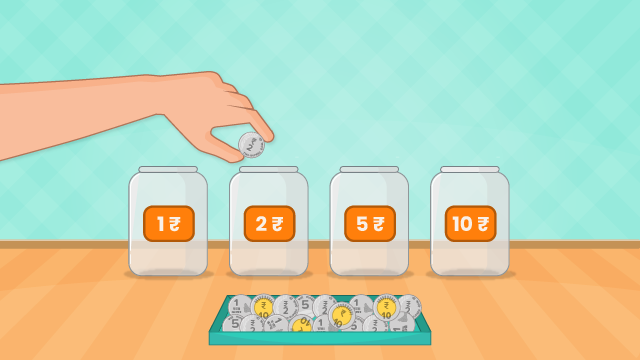
Help your kids to practise the concept of money by interesting and fun worksheets and solutions from Uncle Math School by Fun2Do Labs.


